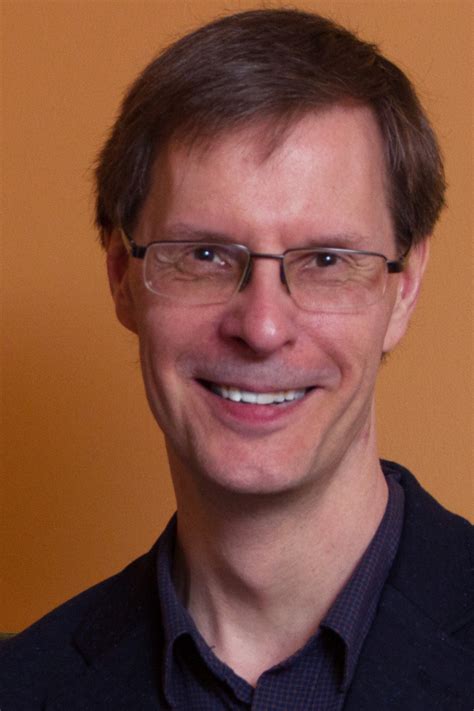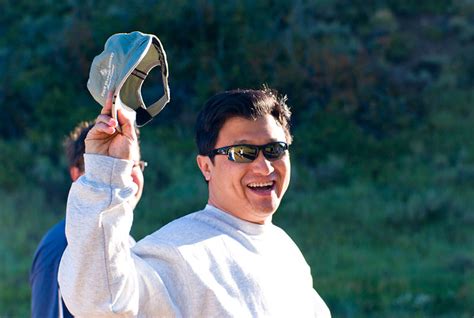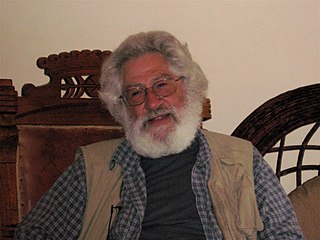A Quote by Karl Schroeder
Foresight is not about predicting the future, it's about minimizing surprise.
Quote Topics
Related Quotes
There are two kinds of people: one who goes on thinking about the future, not bothering about the present at all. That future is not going to come, that future is just a fool's imagination. I don't think about the future. I am a totally different kind of person. I don't think about the future at all, it is irrelevant.
The trick now is to turn insight into foresight. The trick is to know this about your tomorrow, today... Remember, your future is not coming to you; it's coming through you...change your idea about the changes to come, even as you change your idea about the changes that have passed. Then you can change your experience of both.



































